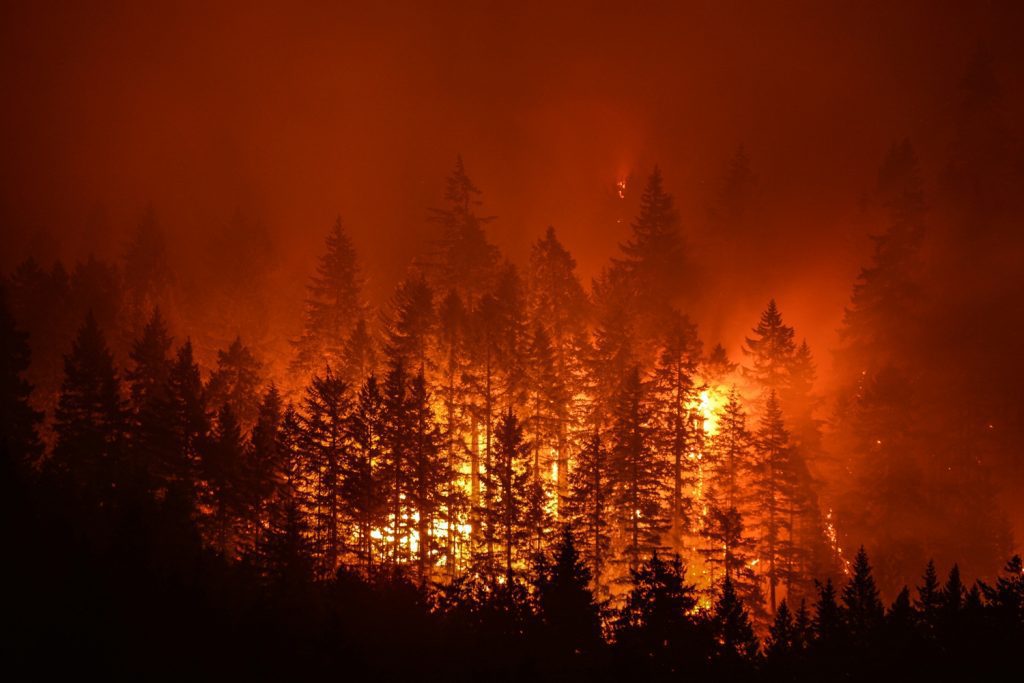Canada is underreporting total carbon dioxide emissions from the forestry sector by more than 80 million tonnes a year–the equivalent to the emissions of all buildings in Canada–according to a new report by Canadian and international environmental groups: Environmental Defence Canada, Nature Canada, Nature Québec, and NRDC (Natural Resources Defense Council).
“Canada has adopted a biased approach to counting and reporting forest-sector carbon that is masking the large climate impacts of logging,” says Michael Polanyi of Nature Canada. “By giving the logging industry a free pass on its emissions, Canada is undermining the credibility of our climate plan and jeopardizing its leadership at COP.”
The report, “Missing the Forest: How carbon loopholes for logging hinder Canada’s climate leadership,” documents several ways Canada is failing to accurately measure, report and regulate forest sector emissions, including:
- Using an unbalanced, biased accounting approach that ignores emissions from wildfires but claims credit for the CO2 captured by older trees.
- Failing to measure and report emissions related to logging roads and seismic lines.
- Adopting an arbitrary and generous “reference level” baseline for the forest sector that gives Canada a free “accounting contribution” towards its 2030 emission reduction goals.
- Exempting the logging industry’s emissions from carbon pricing regulations on other sectors
“Canada is allowing the logging industry to liquidate its carbon-rich primary forests and sweeping the climate fallout under the rug. Through accounting artifice, it’s downplaying the global importance of these forests–and the devastating climate cost of failing to protect them,” says Jennifer Skene of NRDC (Natural Resources Defense Council).
“The atmosphere does not distinguish between carbon emissions from industrial logging and fossil fuels,” says Dale Marshall of Environmental Defence Canada. “These loopholes for the logging industry are undermining the fight against climate change in Canada and internationally.”
The authors argue that fixing the measurement and reporting gap is a prerequisite to Canada’s role as an international climate leader, and its ability to effectively advance nature-based climate solutions.
“Canada’s forests are essential to avoiding the worst impacts of climate change and catastrophic species loss,” says Alice-Anne Simard, of Nature Québec. “The world is looking to Canada for leadership, but first we need to address the fundamental flaws in our approach to forest carbon.”
Additional Resources:
Read the report: Missing the Forest: How carbon loopholes for logging hinder Canada’s climate leadership
For information contact:
Scott Mullenix | Nature Canada | smullenix@naturecanda.ca
Margie Kelly | NRDC | mkelly@nrdc.org
Barbara Hayes | Environmental Defence | bhayes@environmentaldefence.ca
Alice-Anne Simard | Nature Québec | alice-anne.simard@naturequebec.org






